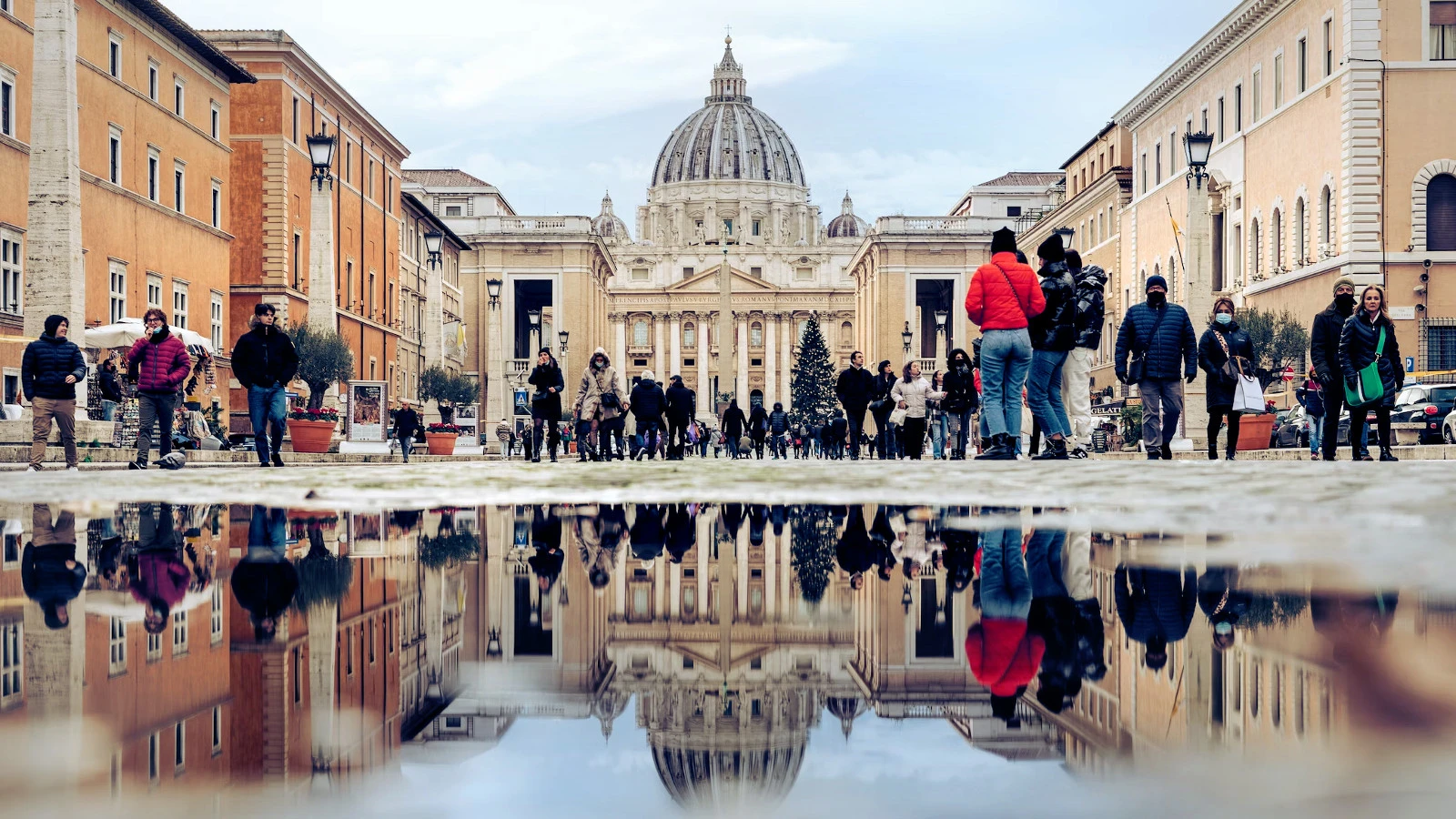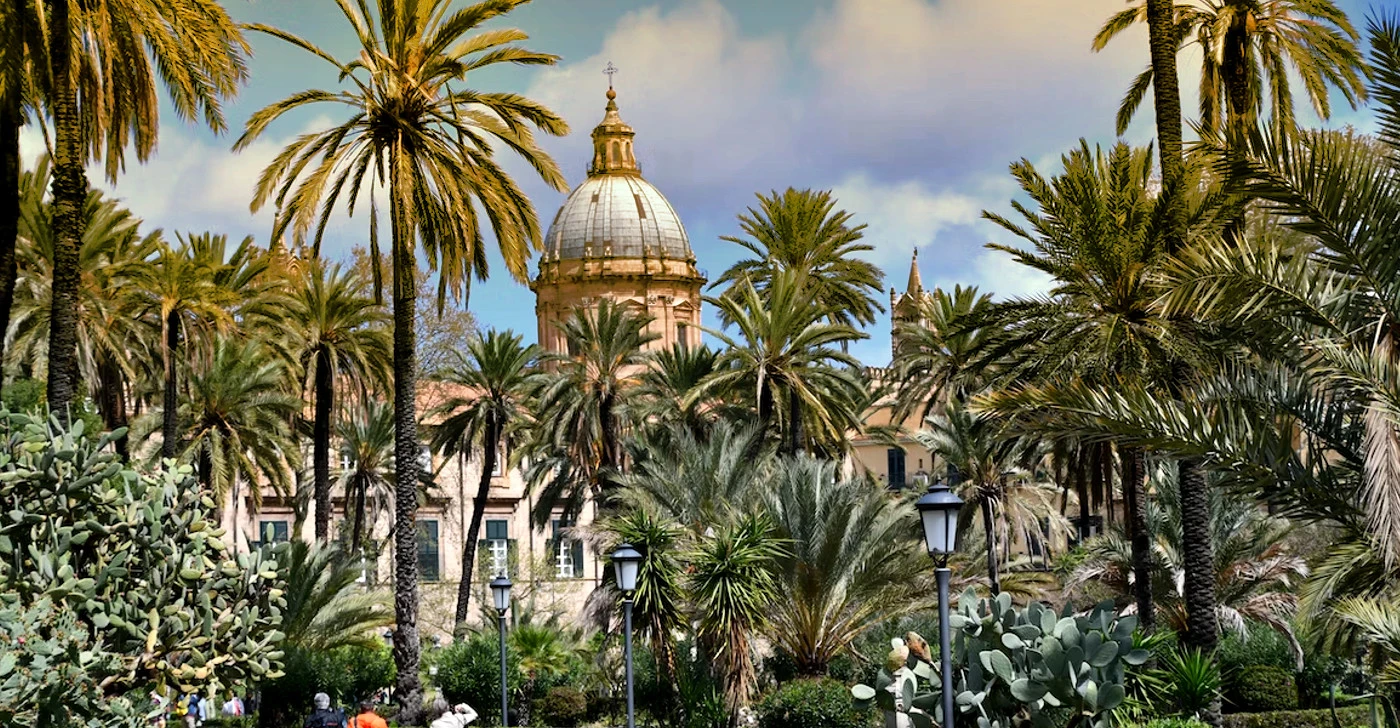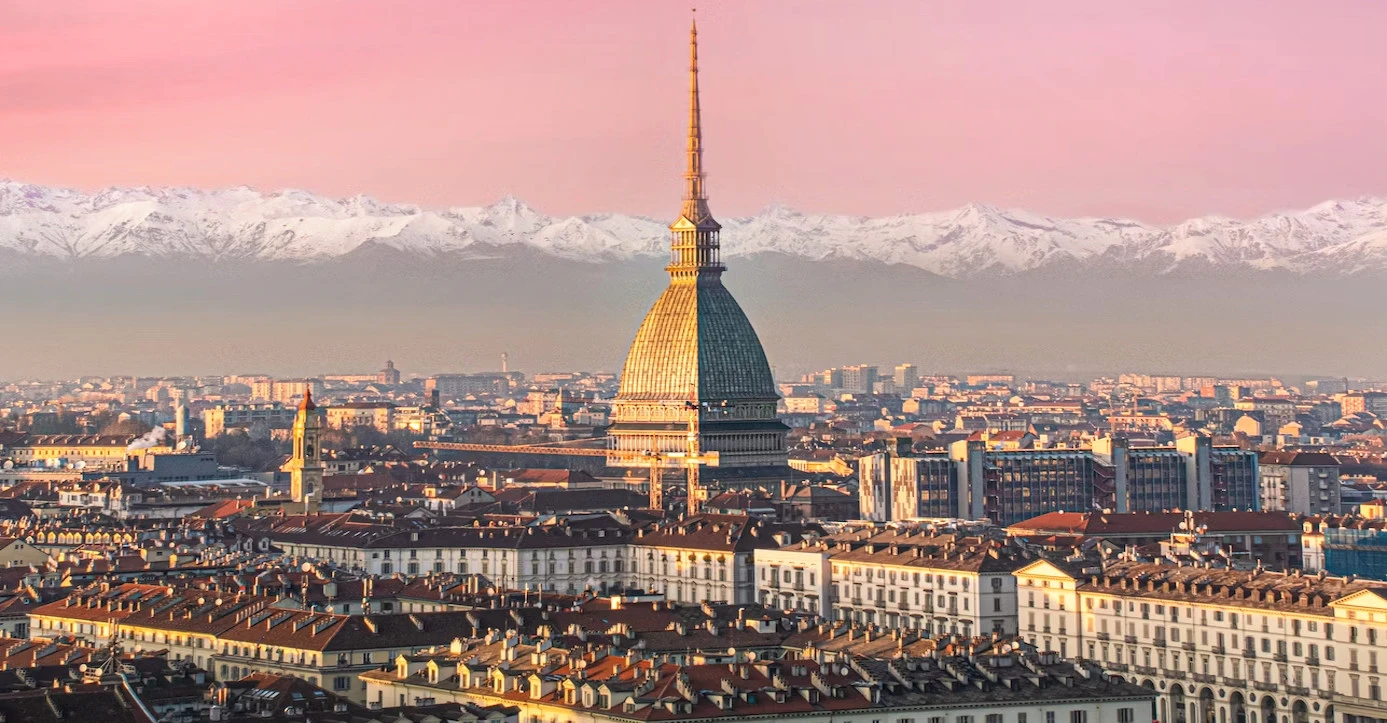Living in Siena
Siena is a historic city in the heart of Tuscany, Italy.It is the capital of the province of Siena, with about 54,000 inhabitants.
Siena is famous for its medieval architecture, art, and culture, especially the Palio, a horse race held twice a year in the main square, Piazza del Campo.
Siena was a powerful and wealthy city-state until the 16th century, when it was conquered by Florence and became part of the Grand Duchy of Tuscany.
Living in Siena as an expat can be a rewarding experience, as you can enjoy the beauty, the history, and the charm of the city, but also face some difficulties, such as the high cost of living, the tourist crowds, and the limited public transportation.
Siena is the second most populous city of Tuscany, after Florence.
It is also the centre of the wider Siena metropolitan area, which has about 268,000 people.
Siena is one of the most visited cities in Italy, attracting millions of tourists every year.
It is also a UNESCO World Heritage Site, as it preserves its medieval urban layout and its artistic and cultural heritage.
It has a GDP of about €6 billion ($7 billion), making it one of the most prosperous cities in Italy and Europe.
Search for:
What is Siena like?
Siena is a city with a rich and unique cultural identity, shaped by its history, its traditions, and its institutions.It is home to some renowned artists, writers, and scholars, such as Duccio, Simone Martini, Ambrogio Lorenzetti, Catherine of Siena, and Bernardino of Siena.
Siena is also known for its distinctive dialect, cuisine, and festivals, such as the Palio (a horse race), the Calcio Storico (a historical football game), the Bravio delle Botti (a barrel race), and the Strade Bianche (a cycling race).
Some of the most famous cultural attractions in Siena are the Duomo, the Palazzo Pubblico, the Torre del Mangia, the Pinacoteca Nazionale, and the Santa Maria della Scala.
Climate
Siena has a transitional Mediterranean climate, which means it has relatively mild winters and hot, sunny summers.The city is located in central Tuscany, 320 meters (1,050 feet) above sea level, and is influenced by the Mediterranean sea and the Apennine mountains.
Winter, from December to February, is quite mild, but it can be a little colder than on the coast, due to the altitude and distance from the sea.
Snow in Siena is quite rare, but it can sometimes occur. The average temperature in January is 6.4 °C (43.6 °F), and the average rainfall is 55 mm (2.2 in).
Summer, from June to August, is hot and sunny, with rare rainy days and a few thunderstorms coming from the Apennines.
Usually, the humidity is not high and the air becomes cool at night, but there can also be very hot periods.
The average temperature in August is 24.4 °C (75.8 °F), and the average rainfall is 40 mm (1.6 in).
The best times to visit Siena are spring and autumn, when the weather is pleasant and mild, with some rain and some sun.
The average temperature in April is 13 °C (55.4 °F), and the average rainfall is 70 mm (2.8 in).
The average temperature in October is 15.4 °C (59.8 °F), and the average rainfall is 105 mm (4.1 in).
Economy
Siena is a city with a diversified and resilient economy, based on sectors such as tourism, culture, education, banking, agriculture, and handicrafts.It is also a centre for research and innovation, hosting several universities, institutes, and companies, such as the University of Siena, the Scuola Superiore Sant’Anna, the Monte dei Paschi di Siena, and the Chianti Classico Consortium.
Siena offers many opportunities for work and career growth, especially for creative and qualified professionals.
However, it is also a city that faces some challenges, such as the competition from other tourist destinations, the financial crisis of its main bank, and the environmental impact of its activities.
Siena is one of the most prosperous cities in Italy and Europe, but it also strives to preserve its social and ecological sustainability.
Education
Siena is a city with a rich and ancient academic tradition, dating back to the 13th century.It has several public and private schools, offering a variety of courses and degrees, from primary to secondary education.
Some of the most prestigious and renowned schools in Siena are the Liceo Classico G. Galilei, the Liceo Scientifico A. Volta, and the International School of Siena.
The city also has some higher education institutions, such as the University of Siena, the Scuola Superiore Sant’Anna, and the University for Foreigners of Siena.
Some of the most popular and reputable higher education institutions in Siena are the University of Siena, which is one of the oldest universities in Italy and Europe, the Scuola Superiore Sant’Anna, which is a public university institute of excellence, and the University for Foreigners of Siena, which is a leading institution for teaching Italian language and culture to foreigners.
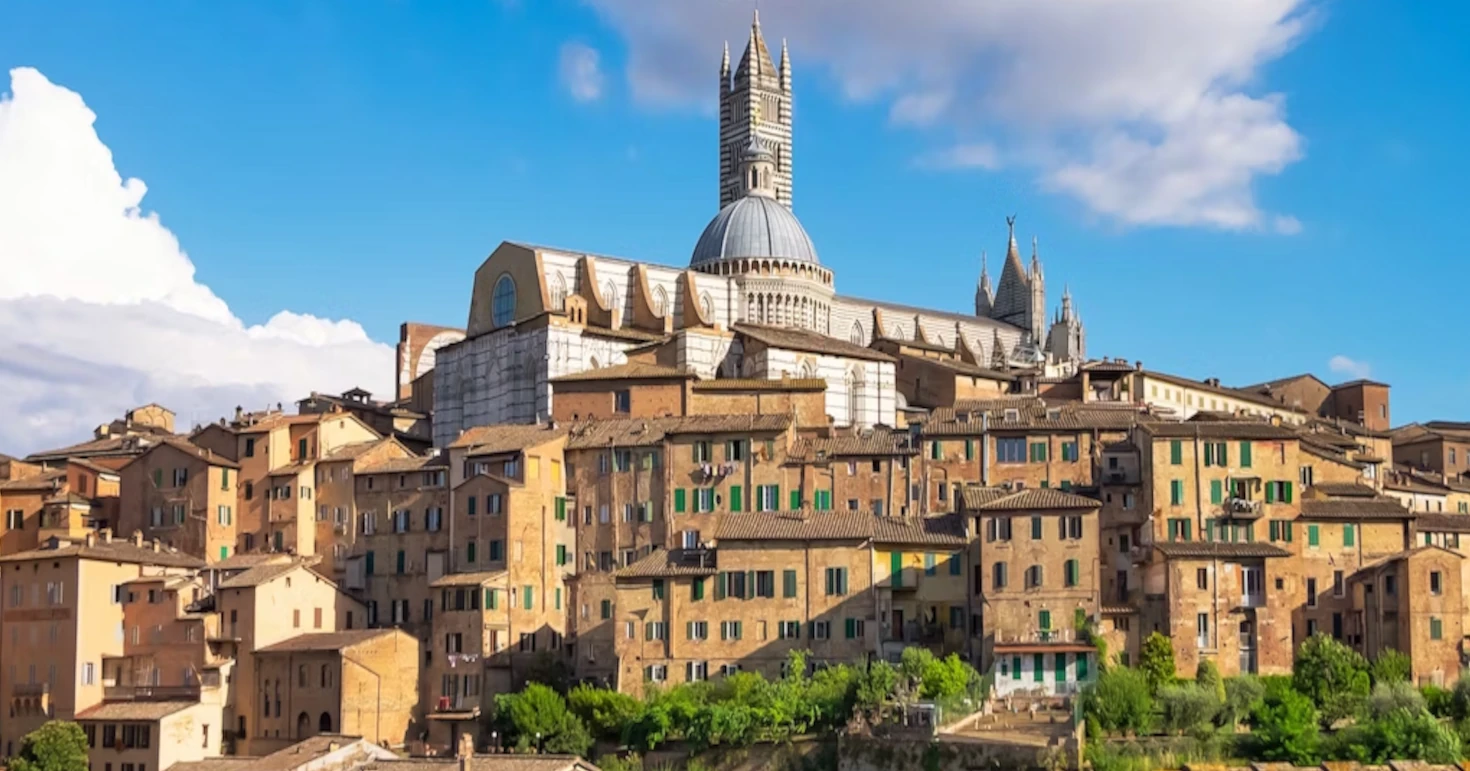
Cost of living in Siena
The cost of living in Siena is high compared to other Italian cities. It is more expensive than Livorno, Pisa, Bologna, and Naples, but cheaper than Florence, Milan, Venice, and Rome.A family of four estimated monthly costs are €3,038 without rent, and a single person estimated monthly costs are €1,512 without rent.
Rent in Siena is also high, especially in the city centre.
For example, a one-bedroom apartment in the city centre costs about €650 per month, while a three-bedroom apartment costs about €1,100 per month.
The prices of food, transportation, utilities, and entertainment are also higher than the national average.
Is Siena safe?
Siena is generally considered a safe city for residents and visitors alike.It is a welcoming city, with a lower crime rate compared to larger Italian cities like Rome or Milan.
However, some precautions are advised, especially during the peak tourist season and the Palio events, when the city is crowded and lively.
The most common crimes in Siena are petty theft, scams, and pickpocketing, which usually target tourists and foreigners, especially in the main attractions, such as the Piazza del Campo, the Duomo, and the Palazzo Pubblico.
To avoid these risks, it is recommended to be alert and cautious, to keep your valuables safe and hidden, to avoid strangers who offer unsolicited services or products, and to report any incident to the police.
Siena is also generally safe at night, but it is better to avoid walking alone in dark and deserted streets, and to stick to the well-lit and busy areas.
Pros and cons of life in Siena
| Pros | Cons |
|---|---|
| Historic and beautiful city | Expensive and crowded city |
| Proximity to the countryside | Language and culture barriers |
| Excellent food and wine | Noisy and polluted |
| Good public transportation | Lack of diversity |
| Vibrant and lively city | Low work and opportunities |
| High quality of life | Bureaucratic and corrupt system |
| Diversified and resilient economy | Less modern and dynamic atmosphere |
Advantages of Living in Siena
Siena is a historic and beautiful city, with a rich history and culture.You can admire its medieval architecture, art, and monuments, such as the Duomo, the Palazzo Pubblico, and the Torre del Mangia, and visit its museums and galleries, such as the Pinacoteca Nazionale and the Santa Maria della Scala.
It is also a gastronomic city, with many local delicacies and wines, such as pici, panforte, cinta senese, and Chianti.
The city has a good public transportation system, which makes it easy to get around and to other parts of Tuscany and Italy by bus and train.
Moreover, you can enjoy its proximity to the countryside, where you can explore the beautiful landscapes and villages, and participate in outdoor activities such as hiking and wine tasting.
Siena is a vibrant and lively city, where you can experience its community spirit and traditions, such as the Palio, the Calcio Storico, the Bravio delle Botti, and the Strade Bianche.
Italian is widely spoken here, but you can also find people who speak English, French, and other languages, which makes it easier for you to communicate and find work.
The city has a diversified and resilient economy, which offers you many opportunities for work and career growth, especially in sectors such as tourism, culture, education, banking, agriculture, and handicrafts.
Siena has a high quality of life, with excellent education, healthcare, and social services, which ensure your well-being and happiness.
Disadvantages of Living in Siena
Siena can be expensive and crowded to live in.You can face difficulties in finding affordable housing, especially in the historic center, where the prices are high and the availability is low.
You can also encounter problems with the language and culture, as Italian is not easy to learn and the locals can be proud and conservative.
The city can be noisy and polluted, with traffic and tourism, which can affect your health and environment.
Siena is not very diverse, and the expat community is small and isolated.
You can also have trouble finding work and opportunities, as the economy is not very stable and the competition is high, especially for foreigners.
Furthermore, the city can have a bureaucratic and corrupt system, which can be frustrating and annoying, especially for expats, who have to deal with a lot of paperwork and regulations.
In addition to that, compared to other parts of Italy, Siena can have a less modern and dynamic atmosphere, which can make it dull and boring for some people.
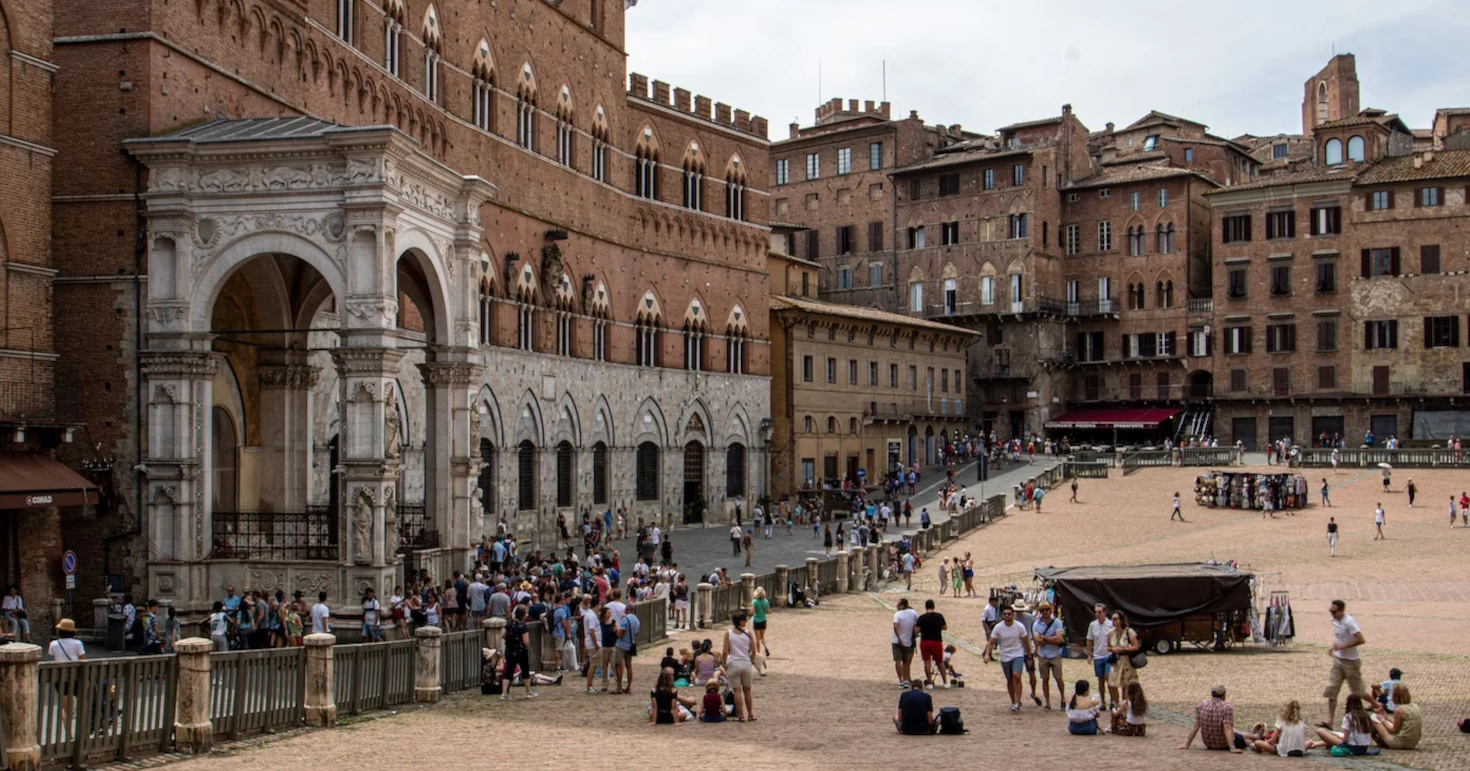
FAQs
What is Siena like for foreigners?
Siena is a city in the Italian region of Tuscany, and one of the most well-preserved medieval cities in Europe.It is the capital of the province of Siena, in the heart of the Chianti wine region, on the hills between the rivers Arbia and Elsa.
It is a great choice for expats who love history, art, and culture.
Siena offers many attractions, such as the UNESCO World Heritage Site of its historic centre, the famous Piazza del Campo, the stunning Duomo, and the Palio, a traditional horse race that takes place twice a year.
Living in Siena as an expat can be both rewarding and challenging.
You can enjoy the benefits of a charming and elegant city that offers a high quality of life, but you also have to deal with the drawbacks of a crowded and expensive city that suffers from some environmental and infrastructural problems.
What is Siena like for students?
Siena is an ideal destination for students who want to pursue their studies in Italy or abroad.The city has a long and prestigious academic tradition, as it hosts one of the oldest universities in Europe, the University of Siena, founded in 1240, offering a wide range of courses and degrees, from humanities and social sciences to medicine and biotechnology.
Some of the most famous and renowned academic institutions in Siena are the Scuola Normale Superiore, a public institution of higher education that ranks among the best in the world, the Scuola Superiore Sant’Anna, a public university institute that focuses on applied sciences, and the Siena School for Liberal Arts, a private liberal arts college that offers interdisciplinary programs.
Studying in Siena means being part of a vibrant and international educational environment, a large and diverse student community, a lively and varied cultural and gastronomic scene, and a lot of opportunities for socializing and networking.
Siena is also a beautiful and historic city, with many attractions, such as the UNESCO World Heritage Site of its historic centre, the famous Piazza del Campo, the stunning Duomo, and the Palio, a traditional horse race that takes place twice a year.
Siena is a city that combines history and innovation, tradition and diversity, culture and education, making it one of the best cities to move to as a student in Italy.
What is Siena like for women?
Siena is a city of culture and tradition, with a history of female empowerment and leadership.It is a city that has produced and hosted many remarkable women who have contributed to various fields, such as religion, politics, literature, art, and science.
Women in Siena can benefit from a rich and diverse environment, a high level of education and health, and a strong sense of community and identity.
However, women in Siena also have to deal with some issues, such as gender inequality, violence, and discrimination, that affect their rights and opportunities in society.
What is Siena like for LGBTQ people?
Siena is one of the most conservative and traditional cities in Italy to live as a LGBTQ+ person, as it has a low and discreet queer presence, with few associations, events, and initiatives for all tastes and preferences.The city respects the law and the dignity of all people, but has a low LGBTQ+ visibility and acceptance, with few personalities, artists, and activists who advocate for LGBTQ+ rights.
Siena is also a historic and artistic city, that preserves its ancient heritage and values.
It has a legacy of hosting important cultural events, such as the Siena Jazz Festival, the Siena International Photography Awards, and the Siena Art Institute.
Living in Siena as a LGBTQ+ person means facing a challenging and sometimes hostile environment, a limited and isolated community, and a lack of opportunities for culture and trade.
However, Siena is not a hopeless city, and it has some signs of change and progress related to gender and sexuality, such as the Arcigay Siena, the first LGBTQ+ association in the city, the Siena Pride, the first LGBTQ+ parade in the city, and the Siena Rainbow Film Festival, the first LGBTQ+ film festival in the city.
Is Siena walkable?
Siena is a moderately walkable city, as it has a well-preserved historic center that offers many sights and attractions.The public transport system is limited and not very efficient, so walking is often the best way to explore the city.
There are also some bike rental services and bike paths for cyclists.
The city has many artistic and architectural treasures to discover on foot, such as the Piazza del Campo, the Duomo, the Palazzo Pubblico, and the Pinacoteca Nazionale.
There are also some green areas and gardens, such as the Orto Botanico, the Orto de’ Pecci, and the Parco della Rimembranza.
Some challenges for walkers are the hilly terrain, which can be steep and exhausting, and the crowds, which can be overwhelming during peak seasons.
The city also has a ZTL (limited traffic zone), which restricts the access of cars to the city center.
Siena is a city that showcases its medieval heritage and charm, which can be best appreciated by walking through its narrow streets and alleys.
